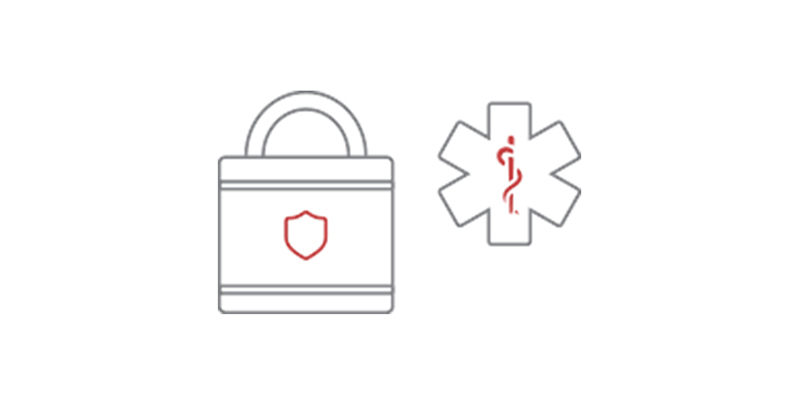Listen Up!
Every once in a while, I like to go back to this post just to remind us all of the seriousness of network security. On the Tier3MD website, you will find numerous articles, tips and facts about computer security. With that said, I have decided to post 10 tips to secure your network.
- Use plain old common sense. When in doubt, err of the side of safety. Delete email attachments from people you don’t know (WITHOUT opening them!). Beware especially aware of tempting animations on unprofessional-looking sites. Keep an eye out for strange links or attachments in Instant Messaging (IM) programs—they just might contain malicious code.
- Antivirus and antispyware – make sure you keep these up to date. Without protection on your computer, you are opening yourself up to numerous ways hackers can attack your computer. Look at antivirus and antispyware as a shield you stand behind. Doesn’t that make you feel a little safer?
- Update the antivirus and antispyware. Look at it like this. If you go to Best Buy and purchase an antivirus today, it may have been packaged 3 months ago. How are you protected against viruses that have come out since then? Simple. All antivirus software will will have a feature where you can update definitions. Some may call it a database, some may just say “new updates are available.” Make sure you set your software to update on a regular basis.
- Avoid downloading files from suspicious sites – If it doesn’t look right to you, it’s not. Use your best judgement and only download from reputable sites. If you need a printer driver, get it from the manufacturer, like Epson, or HP. No need to go anywhere else. Stick with the vendors.
- Backups – Backups may not prevent an attack but they can surely help you recover from one. Have a good backup strategy in place. If you are using off-site backup, make sure you keep a local copy since it will be much easier to do a restore. One thing that people seem to overlook is checking the backup You ran one…but is it good?
- Physical Security – Where are your computers? Are they by an open window where everyone can see your 2 huge monitors? Is your server in an area that someone can easily walk in and pick it up and walk out the door? Do you leave your laptop in your car? Keeping your computers safe and behind locked doors is a great way to secure your network.
- Don’t open any attachments. Did I really need to mention this in 10 tips to secure your network? I thought of putting it at number one, but I didn’t want to insult anyone’s intelligence!
- Educate yourself – Read articles like this one. You can find 10 tips to secure your network in 100 different places on the internet. It is a very common subject that everyone is interested in. Find out what hackers are doing and how they are trying to access your system.
- Avoid file sharing – Most operating systems allow for file sharing over a network or even the Internet. This means that other people can access your hard drive and obviously this can pose a risk to your computer and your personal information. Let’s not give the hackers easy access!
- Keep your operating system patched and updated – Many hackers will target your web browser. Most operating systems will come out with regular updates, some critical. Make sure you update your operating system on a regular basis. It’s free so don’t worry about it!
This concludes my 10 tips to secure your network. The reality is, I could have given you 20! Baby steps grasshopper! Let’s start with these first.
Thank you for reading.


